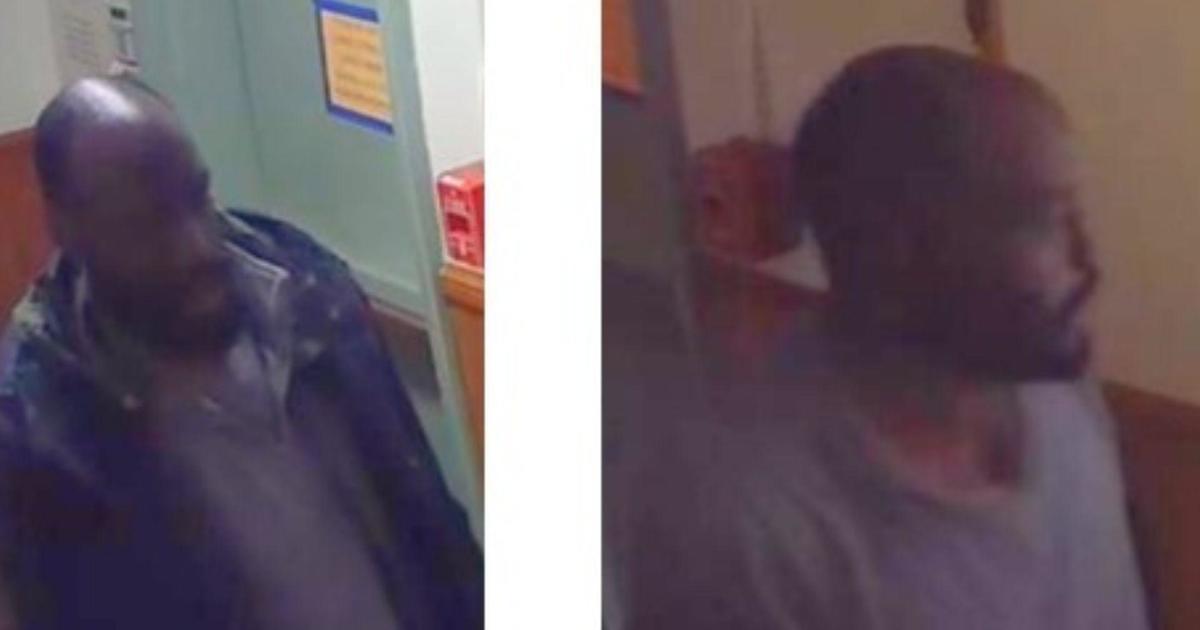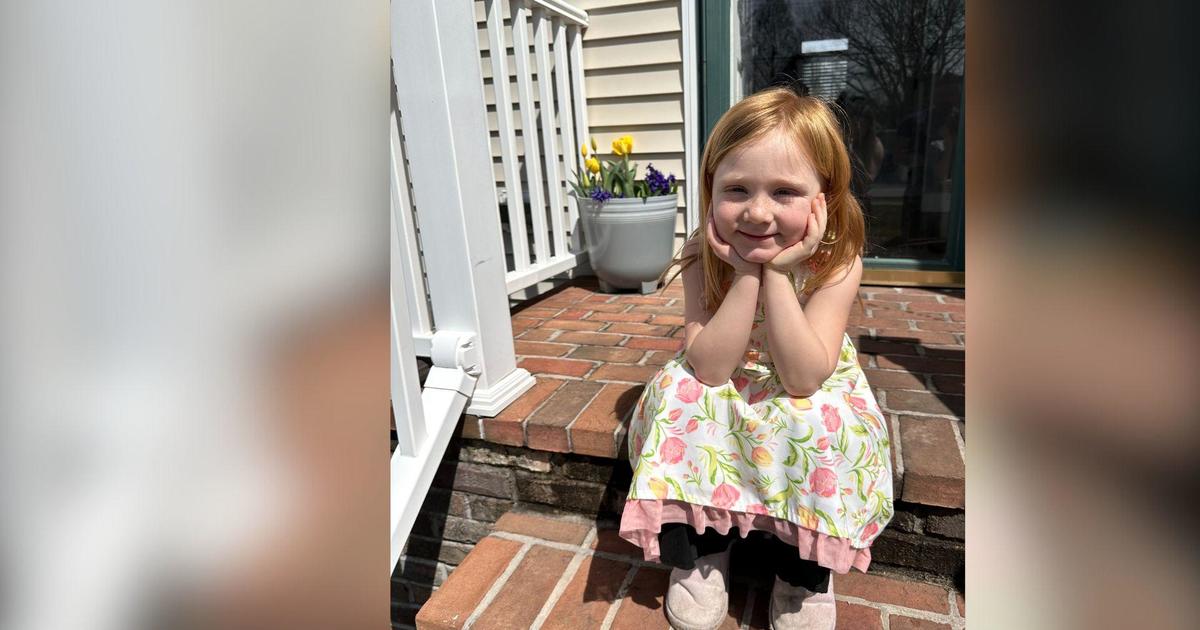Episcopal Leaders Forgive Md. Church Shooter
ELLICOTT CITY, Md. (AP) -- The Episcopal Diocese of Maryland is offering forgiveness and a funeral service for a homeless man who killed himself after fatally shooting a priest and church secretary last week.
Bishop Eugene Taylor Sutton and an academic expert on forgiveness likened the diocese's attitude to that of an Amish
community in Lancaster County, Pa., that forgave the man who fatally shot five school girls there in 2006.
"That is a painful, hard process," Sutton told The Associated Press after last Thursday's shooting. "But we learned something a few years ago, made manifest by the Amish community, when a gunman came into that school: Eventually, that community went to the family of that murderer and extended forgiveness."
Church officials said Wednesday that the family of Douglas Franklin Jones hasn't decided whether to accept offers from several parishes to hold a Christian burial service for the man police have deemed responsible for the bloodshed at St. Peter's Episcopal Church.
Howard County police say a small-caliber handgun registered to Jones and found near his body was probably the same weapon used to kill the Rev. Mary-Marguerite Kohn and administrative assistant Brenda Brewington.
Police and church officials say Jones, who lived in the nearby woods, had been turned away from the church food bank about two weeks earlier for visiting every day instead of weekly. The rule was intended to make sure they had enough food.
The bishop said at Kohn's funeral service Tuesday that Jones was a victim of the same societal attitudes toward handgun ownership and "throwaway people" that led to the violence in the church office.
Psychologist Fred Luskin, director of the Stanford Forgiveness Projects and author of "Forgive for Good: A Proven Prescription for Health and Healing," said it was unusual and "quite beautiful" for a wronged party to offer forgiveness so quickly.
The most famous example, he said, was Indian civil rights leader Mohandas Gandhi, who appeared to make a gesture of forgiveness toward the assassin who shot him in 1948 even as Gandhi fell.
"It's a wonderful counterpoint to the more prevailing hardness in response," Luskin said. "We certainly live more in a payback culture than one of graciously offering to host a funeral for somebody who has just murdered somebody."
Some church members and victims' family members may not forgive Jones so quickly, said Everett L. Worthington Jr., a Virginia Commonwealth University psychology professor and author of "Forgiving and Reconciling: Bridges to Wholeness and Hope." The emotional process of forgiveness is more complicated than making a statement or decision to forgive, he said.
"They can feel like, `Well, I didn't ask them to speak for me. I'm not ready to forgive. I don't feel any forgiveness,"' Worthington said. "On the other hand, bodies say things with some authority and what they say can influence the attitudes of the people within in a positive way, too. It can bring about forgiveness."
St. Peter's parishioner Anne Pounder said she's forgiven Jones.
"In many ways, I think he was as much a victim as anyone else and if we're the Christians we profess to be, we should all show up at his funeral, as well," she said.
Parishioner Sallie Roberts agreed, citing a biblical passage from Kohn's funeral service.
"Like they said, there's a room for everybody in the kingdom," she said.
(Copyright 2012 by The Associated Press. All Rights Reserved.)



